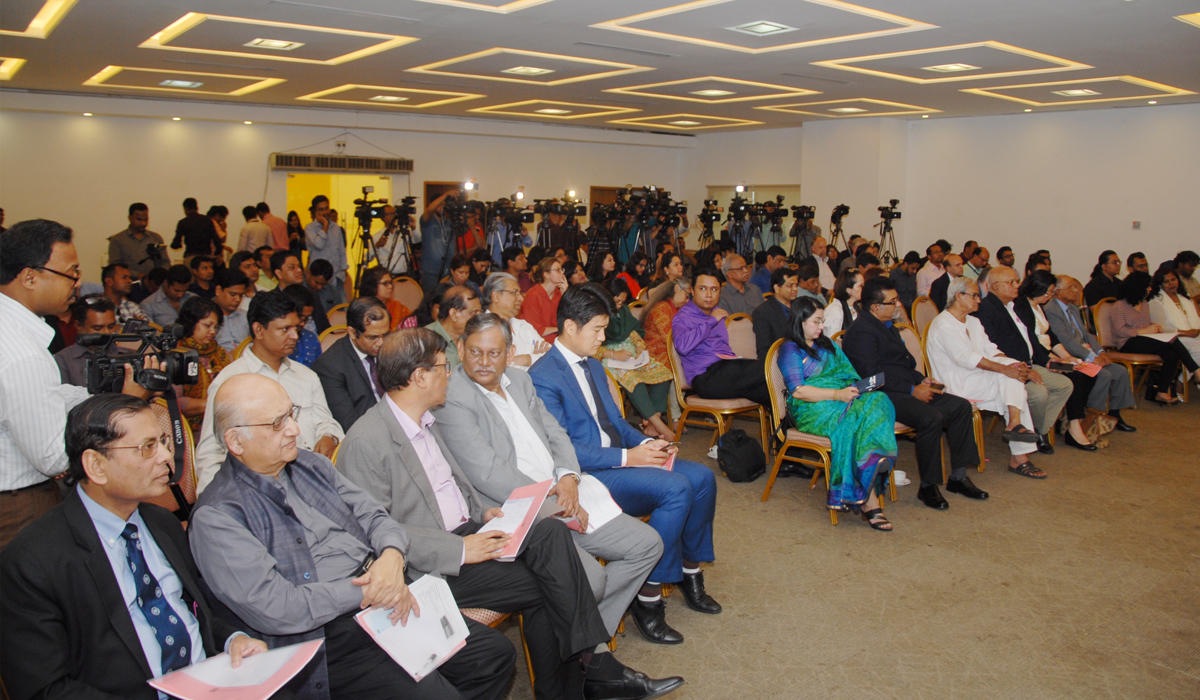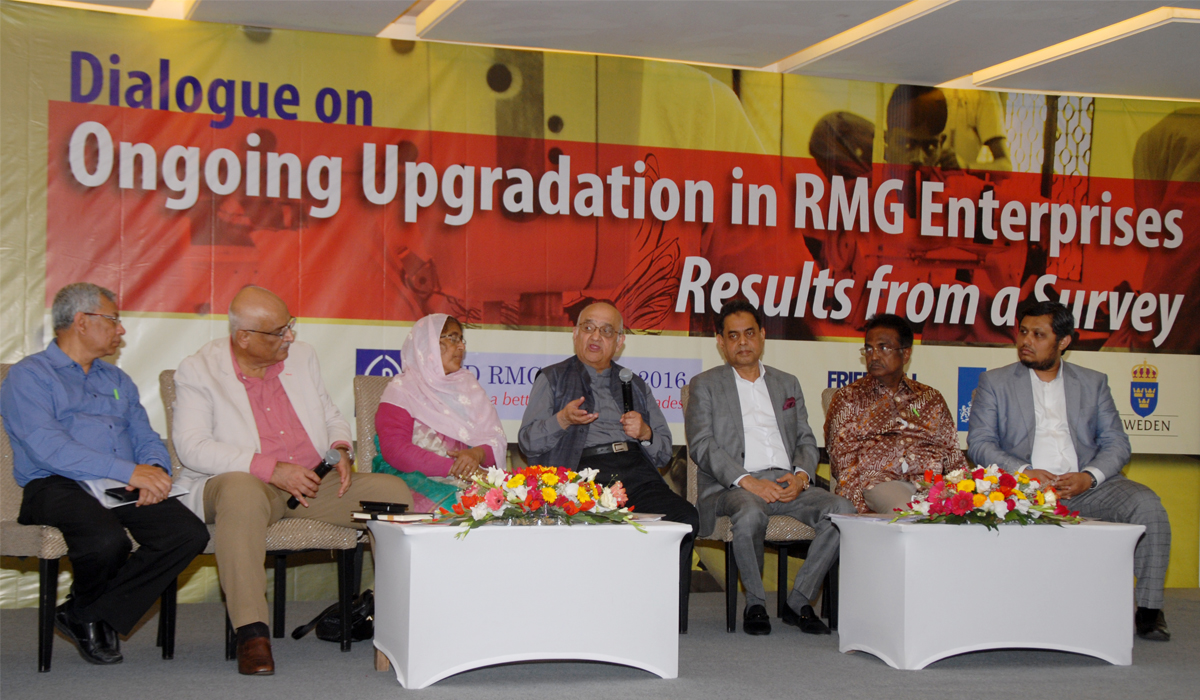
There is an indication that a sizable share of RMG enterprises are likely to be situated at a level where they could either survive or they could become ‘uncompetitive’. In order to make a balanced upgradation, improvement in technological readiness, management practices and workers’ skills particularly that of the female workers is very much needed.
Ongoing Upgradation in RMG Enterprises
পোশাক শিল্পে চলমান সংস্কারঃ সিপিডি জরিপের ফলাফল
আগামী ৩ মার্চ, ২০১৮ সকাল ৯:৩০
সরাসরি দেখুন সিপিডি ওয়েবসাইট, ফেসবুক এবং ইউটিউব চ্যানেলে
Posted by CPD RMG Study on Thursday, 1 March 2018
Dr Khondaker Golam Moazzem, Research Director, Centre for Policy Dialogue (CPD) made the observations during his keynote presentation at the CPD Dialogue on “Ongoing Upgradation in RMG Enterprises: Results from a Survey” held this Saturday, March 3, 2018. His presentation shared the findings of an interim report based on an enterprise and worker level survey in Bangladesh’s RMG enterprises conducted under its study titled ‘New Dynamics in Bangladesh’s Apparels Enterprises: Perspectives on Restructuring, Upgradation and Compliance Assurance’.
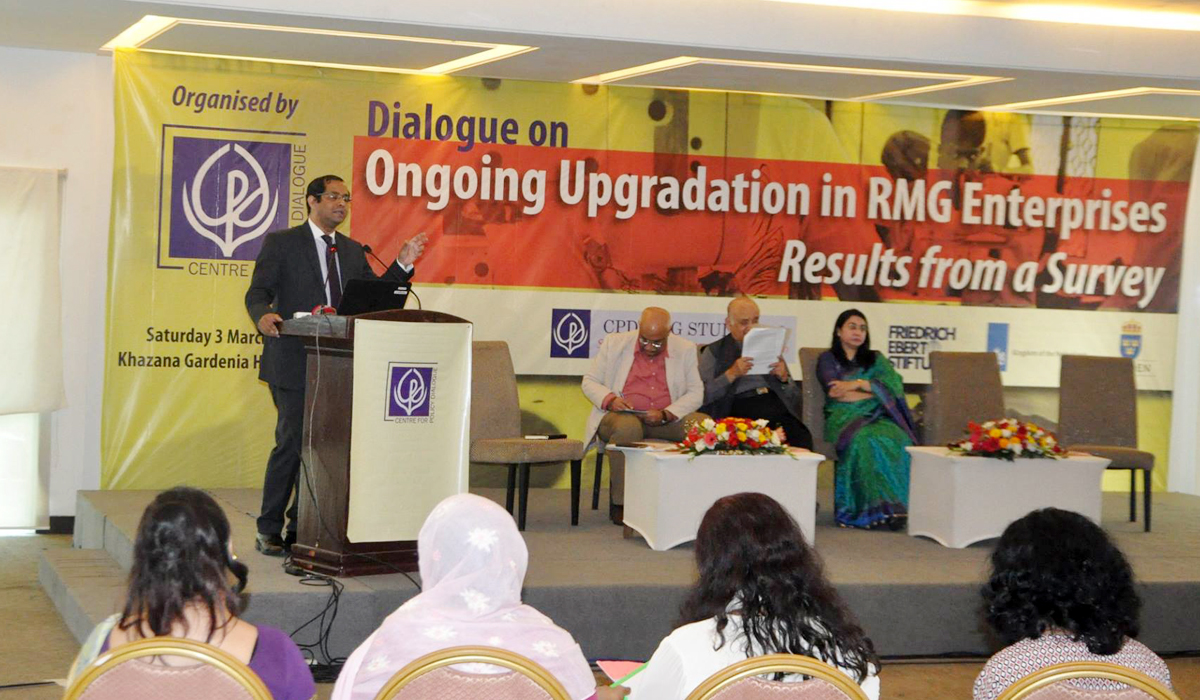
The report proposed an Upgradation Index which estimated three types of upgradations: social upgradation, economic upgradation and gender upgradation. It compiled all the necessary indicators related to social, economic and gender related issues.
The interim report was prepared based on the data of an ongoing survey conducted at 193 factories with more than 2400 workers. The study examined the state of transformation of the selected RMG enterprises during post-Rana Plaza period particularly with regard to economic, social and gender related issues. Based on the analysis of the complete survey data, the study will come up with appropriate policy recommendations towards making the RMG sector more competitive and compliant in August, 2018.
The report reveals that the share of female workers are slowly rising in grade III, IV and V, while the percentage remains very marginal in top grades such as Grade I and II. About 47 per cent of large enterprises and 25 per cent of medium enterprises use advanced technology but the small enterprises are still lagging in terms of technology. Female workers were proportionately found to be less knowledgeable about operating different machines compared to their male peers.
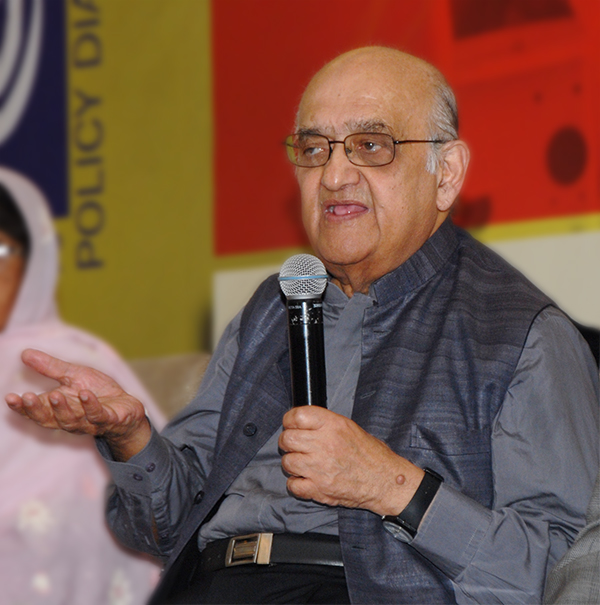
The dialogue hosted a unique combination of panelists with representatives from both the owners’ and workers’ communities moderated by Dr Debapriya Bhattacharya, Distinguished Fellow of CPD.
Siddiqur Rahman, president of the Bangladesh Garment Manufacturers and Exporters Association (BGMEA), said that the reason the social upgradation rate was significantly higher than economic upgradation was because there was increasing pressure from the international communities to adopt new measures of social compliance in the post-Rana Plaza period. In contrast, the demand for apparel products are declining in the international market on the back of rising production costs which has not helped the economic stature, he maintained.
Mr Mikail Shipar, Former Secretary, Ministry of Labour and Employment, observed that the number of female workers was declining as an implication of the growing industrial automation in the sector.
Dr A K Enamul Haque, an eminent economist, noted that it was important to explore why so many enterprises were run under sole proprietorship. He also foregrounded the need for introducing specialized educational courses to mitigate the rising number of foreign professionals in the sector.
The panel session was followed by a very stimulating and in depth open floor discussion where stakeholders from different levels engaged in constructive dialogues scrutinizing the different critical sides of the industry at large.
Citing lack of unity among garment workers, CPD chairman Professor Rehman Sobhan opined that the problem with trade unions was that they could not create a single designated entity for representing themselves. ‘Factory owners are not divided. BGMEA is only one association of owners to bargain,’ he said.
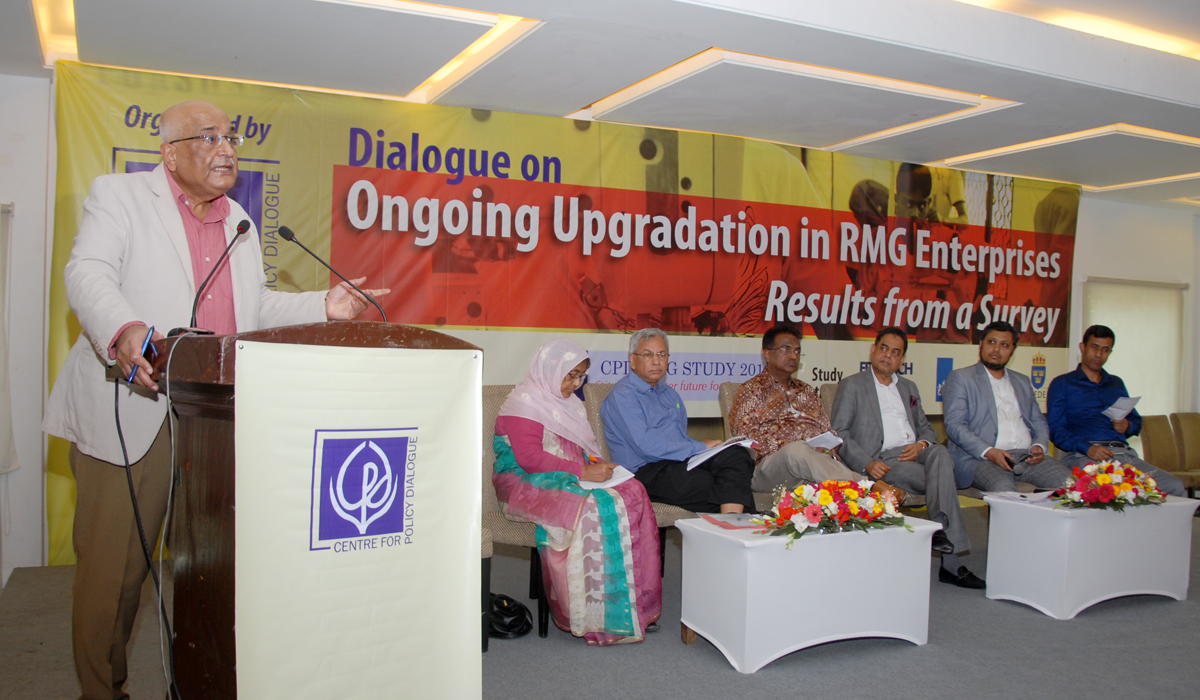
He also stressed the need to increase workers’ stake in the industry giving the workers credit for their contributions in making Bangladesh a global competitive supplier of garment products. He asked the factory owners to invest in the training and skills development of their workers and to give them a share of the company profit.
Mr Sobhan further urged the major brands and the international buyers to address the prevailing gap in the production costs and retail price of the garment items.
Representatives from international study partners, national labour leaders, RMG entrepreneurs, distinguished representatives from the academia and civil society attended the dialogue.
